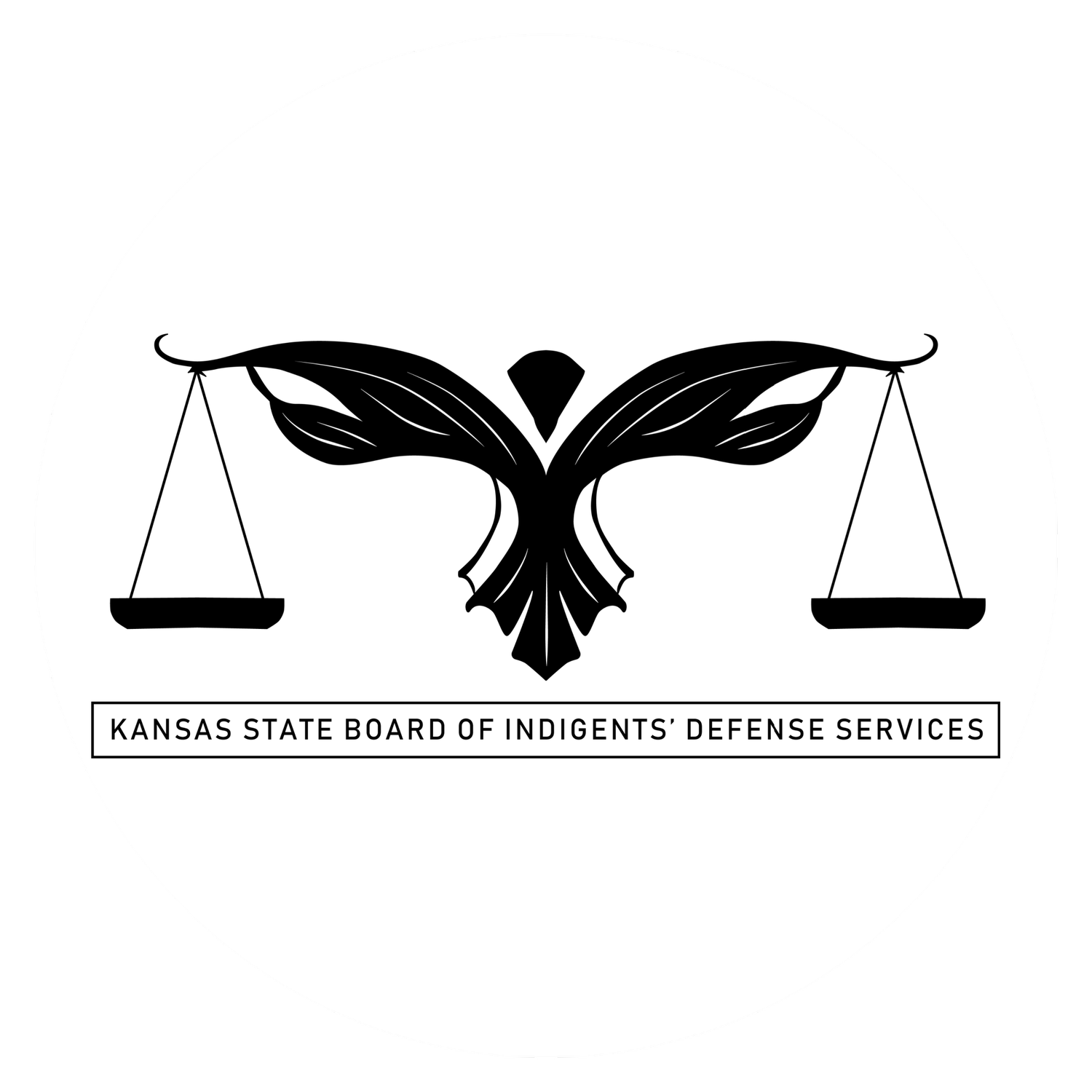A Life in Public Defense: An Interview with BIDS Board Chair Ron Wurtz
by Caroline Zuschek, Appellate Defender
I caught Ron during one of his routine walks, but he was kind enough to sit down on a bench and take my call. I said we could speak later, but, a consummate multitasker, he assured me the time was fine. He admitted, “I have been accused of being busier in retirement than I was when I was actively practicing law.” Truthfully, though, it seems Ron has always been busy.
He gave me a brief overview of his career, describing himself as a career public defender. He graduated from Washburn University School of Law in 1973, and then served 4 years as a JAG in the United States Air Force. He got his first taste for public defense during his service: although he was initially Chief of Military Justice for Scott Air Force Base, a prosecution role, he had conflicts with his boss. So, when a defense role opened up, he jumped at the chance. “It just fit my personality,” he said, “I like people. It is fun defending them.” Following his Air Force service, Ron worked for Gene Olander in the Shawnee County District Attorney’s Office, until 1979, when a position in the Shawnee County Public Defender’s Office became available. At that time, the public defender was selected by the district court judges, and they selected Ron by one vote. Ron stayed at the Shawnee County Public Defender Office until 1994.
Then, “because of his white hair” (translation: incomparable experience), Ron was tapped to start up Kansas’ Death Penalty Defense Unit. Ron said that working in the death penalty unit almost “drove him out of criminal defense” because of his frustration with “the idiocy of the death penalty” and the unbelievable unfairness of the death-penalty system. So, in 1997, Ron left the DPDU to join the Kansas Federal Public Defender Office, where he worked until March 2013 when he “retired.” Ron said working at the federal level was the best job he ever had: unlike working for the State, where his case volume was high, he said being a federal PD enabled him “to practice law how it ought to be practiced.” When I asked what the differences between the state and federal systems were, he said, the federal system is “well-funded, and well-staffed.”
And that, he explains, is why he stays on this agency’s board. He said public defense in Kansas has only become harder since his career began. He says it is less funded, less staffed, that public defenders—and their clients—are sometimes cheated by the lack of resources. In his view, the saving grace of the public defender system in Kansas is that “public defenders are public defenders.” To him, this means that public defenders are “hard working, self-sacrificing” and “do more with less.” He said, for this reason, he will keep serving the board for as long as he can.
When Ron isn’t helping advocate for more resources for public defense and serving the Board, he is advocating for the repeal of the death penalty over at the legislature—every legislative session. He also does pro tem judging in misdemeanor and felony cases, serves on the local Ethics Committee, and does investigations into ethics issues. Ron also taught at Washburn University School of Law as adjunct faculty, co-teaching a pretrial motion practice clinic for years, and most recently supervising students in a criminal clinic where students on temporary licenses defended clients on municipal and misdemeanor charges.
Though I am not convinced he has any, I asked Ron what he does with his spare time. Ron lives in Topeka and loves eating Thai food from all three of Topeka’s Thai restaurants: Tuptim Thai, A-Hann Thai, and Jong’s Thai Kitchen. Other than keeping fit (hence the walk), Ron said he and his wife are members of the Topeka Civic Theatre, and also, as huge jazz fans, love the Topeka Jazz Workshop. He said he’d describe his hobbies as fishing, and “keeping up with his five grandkids,” three of whom live on the East Coast, and two of whom live on the West Coast. He said both coasts are great to visit, but he wouldn’t want to live on either one. He said his children are happy in their homes, though, as “they take after their mother, who is much smarter than I am.” What he means, jokingly, is that neither of his children became lawyers.

